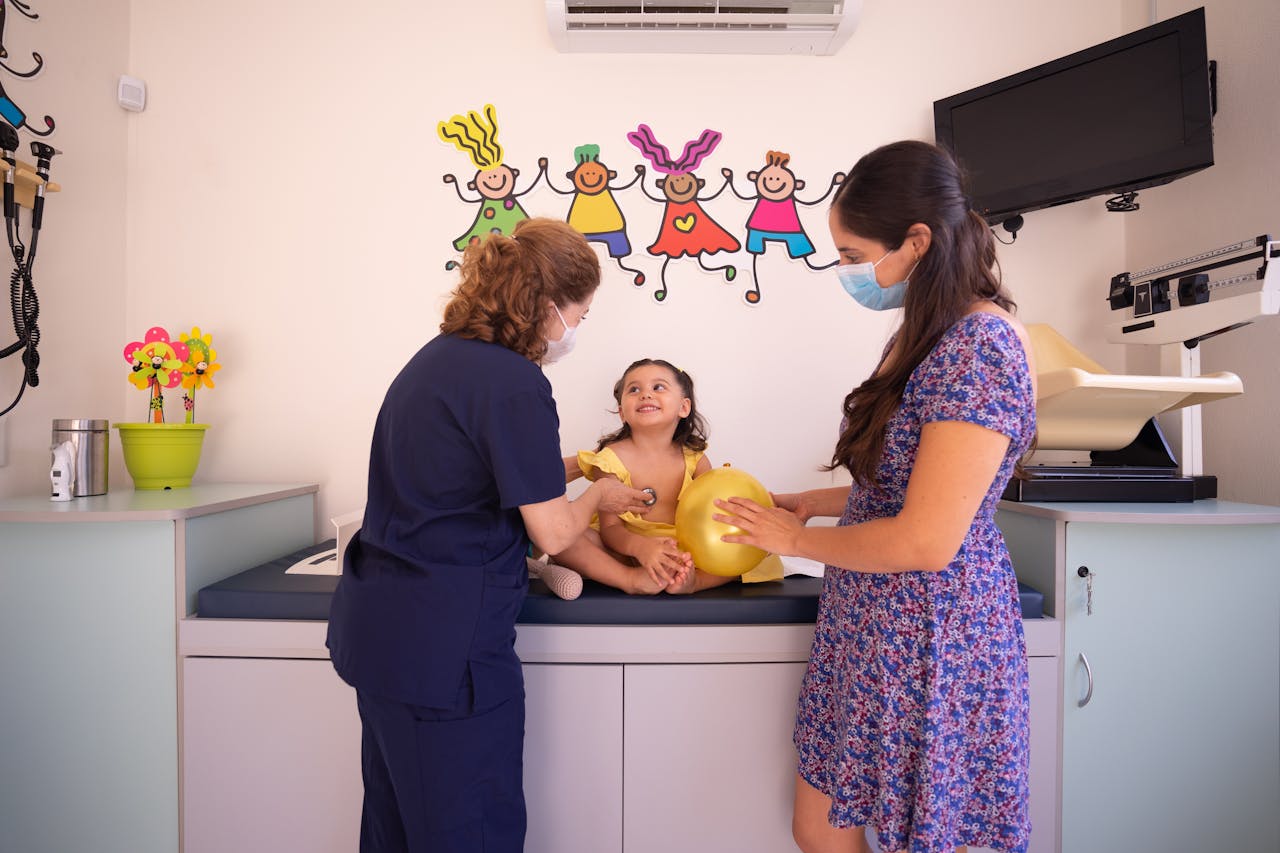The American Academy of Pediatrics (AAP) has recommended COVID-19 vaccinations for infants and young children, diverging from recent guidance issued by Health and Human Services Secretary Robert F. Kennedy Jr. and the Centers for Disease Control and Prevention (CDC). This recommendation is part of the AAP's newly released immunization schedule for children under 18 years old.
Explainer Florida Is Right To Leave Vaccine Decisions Up to Parents
In a press release, the AAP stated, "Infants and children 6 through 23 months of age are at the highest risk for severe COVID-19." The organization emphasized the importance of vaccinating children in this age group to protect against serious illness, noting that those under 2 years old are particularly vulnerable unless they have known allergies to the vaccine or its components.
Kennedy, who announced changes to the CDC's immunization schedule on May 27, argued that the COVID-19 vaccine for healthy children and pregnant women was removed due to insufficient clinical data. He stated, "Last year, the Biden administration urged healthy children to get yet another COVID shot, despite the lack of any clinical data to support the repeat booster strategy in children."
The AAP's new guidance has drawn criticism from some quarters, particularly regarding its implications for healthy children, who are considered the least at-risk demographic for COVID-19 mortality. Critics argue that the potential risks associated with administering COVID-19 vaccines to minors have not been adequately addressed.
In its press release, the AAP indirectly criticized Kennedy's recent changes to the CDC's Committee on Immunization Practices, claiming that his new appointees "have a history of spreading vaccine misinformation." This statement reflects ongoing tensions between the AAP and Kennedy's administration regarding public health messaging.
The AAP's stance on COVID-19 vaccinations is not its only controversial position. The organization has faced scrutiny for its advocacy on various issues, including reproductive health and gender identity. In 2022, the AAP published an article promoting "reproductive justice" in pediatric training, which included support for minors seeking abortions without parental consent.
Additionally, the AAP has endorsed the use of puberty blockers, cross-sex hormones, and surgical interventions for minors experiencing gender dysphoria. This position has led to investigations by state attorneys general into the organization's practices, with 20 states launching probes last year.
Supporters of the AAP's recommendations argue that vaccination is a critical tool in preventing severe illness among vulnerable populations. They emphasize the importance of following scientific guidance to protect children's health.
As the debate continues, the AAP's recommendations will likely remain a focal point in discussions about pediatric health and vaccination policies. The organization's influence on public health guidelines underscores the complexities of navigating medical advice in a politically charged environment.
Why it matters
- AAP's recommendation for COVID-19 vaccinations for infants contrasts with recent CDC guidance, highlighting a divide in public health messaging.
- The AAP emphasizes the high risk of severe COVID-19 in infants, advocating for vaccinations to protect vulnerable populations.
- Critics question the AAP's stance, arguing that the risks of COVID-19 vaccines for healthy children have not been sufficiently addressed.
What’s next
- Expect further debates on pediatric vaccination policies as AAP's recommendations gain attention.
- Watch for potential legislative responses or investigations into AAP's practices regarding vaccine recommendations.
